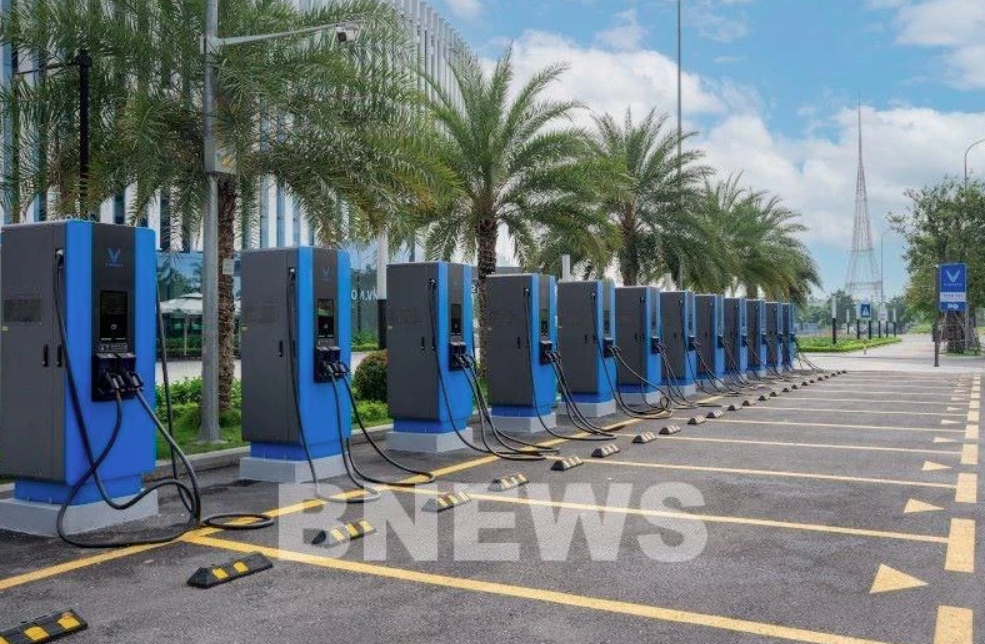The pilot station will cover 30-35 sq.m on Huynh Thuc Khang street, Hanoi, with two standing chargers offering 50-60 kW per charging port. The total project cost is estimated at VND1.8 billion (US$73,000), with a combined capacity of 100-120 kW. It is expected to be operational by September 2024.
Following the success of the first station, PV Power plans to add two more pilot stations on Tran Duy Hung street, Hanoi. After the two-year pilot, the company will evaluate the project’s effectiveness and aims to establish 1,000 charging stations nationwide by 2035, aligning with Petrovietnam's energy transition goals.
However, developing EV charging infrastructure faces several challenges. The initial investment per station is about VND1.8 billion, with potential delays in recouping costs due to uncertain revenue. Many companies need to borrow up to 70% of the capital required, increasing the financial risk.
Additionally, complex administrative procedures, location constraints, and compatibility with different EV charging standards present further hurdles.
To ensure effective development, Vietnam needs comprehensive policies, technical standards, and a specific pricing mechanism for EV charging. This would attract investors and encourage greater adoption of electric vehicles.
PV Power also suggests providing financial support for developing charging infrastructure, especially fast chargers, and offering tax incentives to foster large-scale development of EV charging stations across the country.



